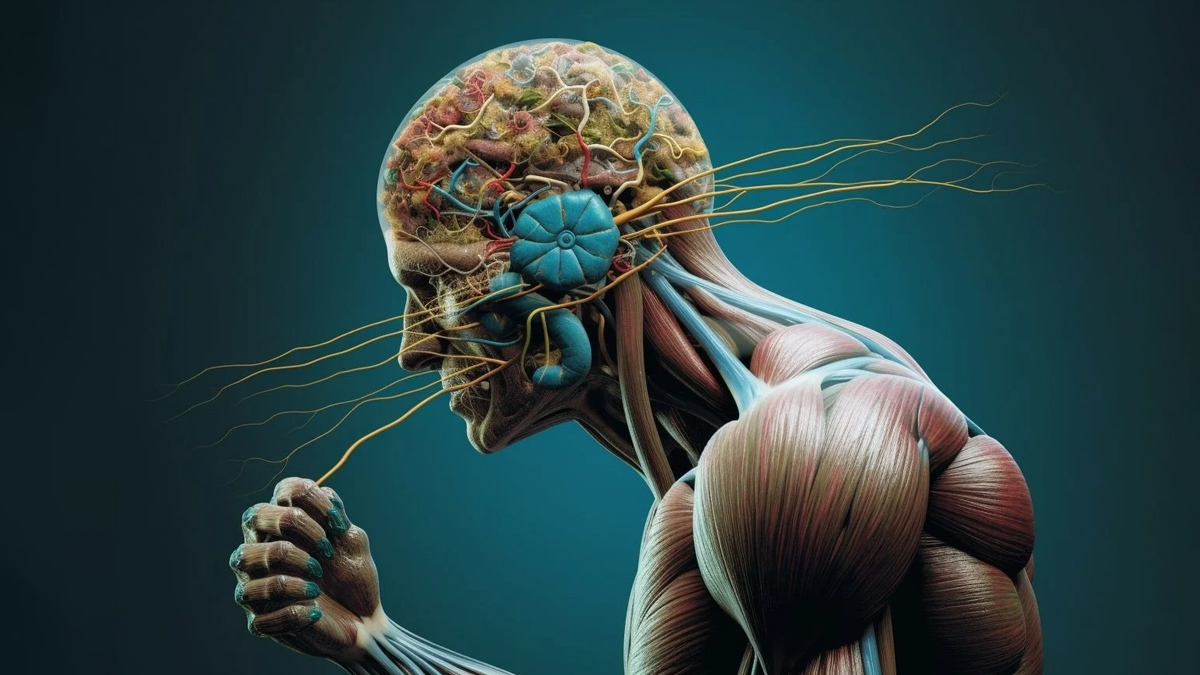
Maintaining good physical health becomes increasingly vital as we grow older, but recent research highlights an equally critical benefit—preserving brain health. Cardiorespiratory fitness, which refers to the body’s ability to supply oxygen to muscles during prolonged physical activity, has been shown to significantly enhance cognitive abilities in older adults. This breakthrough discovery offers hope for combating cognitive decline and improving the quality of life in ageing populations.
Table of Content:-
Cardiorespiratory Fitness: A Cognitive Protector
A study published in The British Journal of Sports Medicine underscores the profound link between cardiorespiratory fitness and cognitive performance. According to Lauren Oberlin, PhD, a clinical assistant professor of psychiatry at Weill Cornell Medical College, individuals with higher cardiorespiratory fitness exhibit stronger cognitive abilities across various domains. These include memory retention, decision-making, and problem-solving skills.
What makes this finding particularly promising is that the positive effects were observed even among participants with heightened risk factors for cognitive decline, such as advanced age and the APOE4 gene, which is strongly associated with Alzheimer’s disease.

The Study in Focus: Fitness and Brain Power
The researchers analyzed data from 648 adults aged 65 to 80, most of whom were women. To qualify for the study, participants needed to engage in moderate-to-vigorous physical activity at least three days a week. Severe mental health issues, neurological conditions, and recent cardiovascular events were exclusion criteria to ensure accurate results.
Participants underwent a VO2 max test, which measures the body’s maximum oxygen utilisation during high-intensity exercise. Following the fitness assessment, they completed cognitive tests evaluating five key areas:
- Working Memory: Short-term recall, such as remembering a phone number temporarily.
- Episodic Memory: The ability to recall past events and specific details.
- Processing Speed: The brain’s efficiency in handling new information.
- Executive Function: Skills related to planning, decision-making, and attention control.
- Visuospatial Ability: Spatial awareness needed for tasks like driving or solving puzzles.
The results were clear: higher cardiorespiratory fitness correlated with better performance across all cognitive domains, irrespective of age or genetic predisposition.

Why Fitness Matters for Brain Health
The findings suggest that regular aerobic activity could serve as a protective mechanism against cognitive decline. James Powers, MD, a geriatric medicine expert at Vanderbilt University, praised the study’s implications, stating that maintaining cardiorespiratory fitness could help delay or even prevent dementia-related risks. Powers emphasized the importance of lifestyle choices, highlighting that consistent exercise is a tangible way to influence long-term brain health.
Interestingly, the benefits of fitness were especially pronounced among women and those taking beta-blockers. Although the exact reasons remain speculative, researchers believe that maintaining fitness levels despite chronic conditions may play a role.
Also Read: Telangana Reports Over 3,000 Dengue Cases In Just Two Months; Health Crisis Intensifies
How to Boost Your Cardiorespiratory Fitness
The Centers for Disease Control and Prevention (CDC) recommends at least 150 minutes of moderate-intensity physical activity per week, which can be achieved through activities like brisk walking, swimming, or even gardening. Older adults can incorporate fitness routines that include:
- Balance and Flexibility Training: To reduce fall risks.
- Strength Training: For maintaining muscle mass and endurance.
- Aerobic Activities: Such as Zumba or water aerobics.
Maintaining regular exercise not only strengthens the body but also ensures a sharper, more agile mind.
A Step Toward Cognitive Longevity
Experts like Lydia Bazzano, MD, PhD, advocate for small, sustainable changes that increase physical activity. Whether it’s taking the stairs instead of the elevator or parking farther from your destination, every step contributes to better brain health.
This research reinforces the idea that fitness is not just about physical wellness—it’s about mental resilience too. By prioritizing cardiorespiratory fitness, individuals can actively preserve their cognitive abilities and reduce the risk of dementia, proving that staying active is an investment in both body and mind.
Also watch this video
How we keep this article up to date:
We work with experts and keep a close eye on the latest in health and wellness. Whenever there is a new research or helpful information, we update our articles with accurate and useful advice.
Current Version